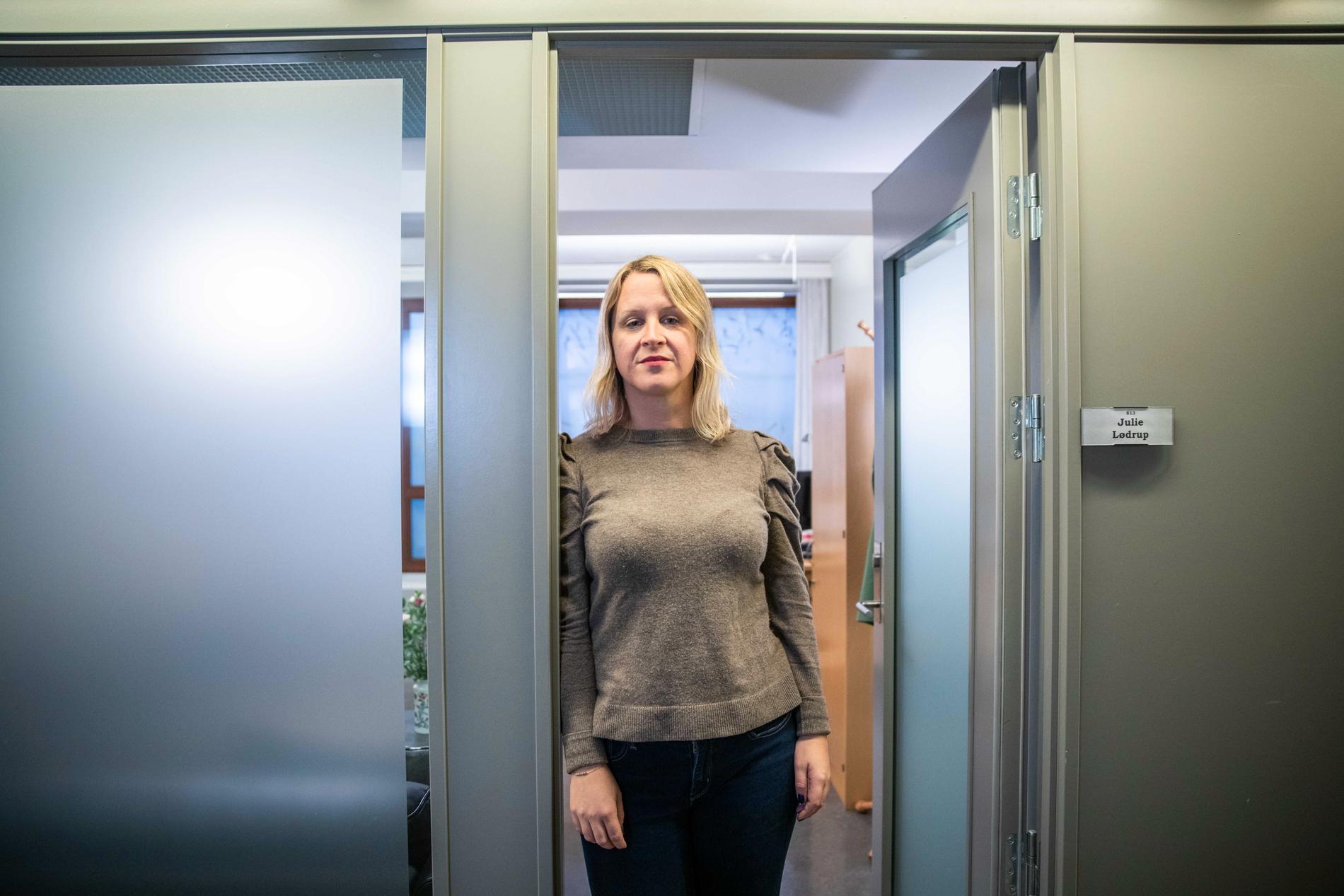More home offices can help families with children on a tight schedule, says Venstre. But now LO warns against an equality trap.
– It’s not a goal in itself for more people to have a home office. Being in the home office a lot in some workplaces can be an equality trap because you are not present in the informal arenas where decisions are made, says First Secretary Julie Lødrup in LO to VG.
The background of the criticism is a proposal that the Liberal Party has put forward in the Storting. The will review the entire Work Environment Act to see if regulations could be relaxed to make it easier for more people to work from home.
This can, among other things, help families with young children who are short on time, Venstre believes. But LO warns that more home offices could instead end up harming mothers of young children:
– Mothers often take on the biggest responsibilities at home. There’s a danger that if many people use home offices a lot more, you won’t be seen, invested in, or among the most invested in employees, says Lødrup.
It receives the support of the Minister for Equality
Lødrup is supported by the Minister of Culture and Equality Anette Trettebergstuen (AP). She says a home office is both good and important for flexibility in people’s lives and can help make the time crunch a little easier. But:
– It’s important to remember that it comes with some drawbacks: we know that it’s often women who choose a home office to keep things running smoothly alongside work, home and the kids. In that sense, this may cement the fact that women work triple shifts, she says.
He also warns that home offices can lead people to miss out on many of the informal, but important, things that go on in a workplace:
– Not staying in the office and turning off the chatter at the coffee machine and taking part in what is happening can also have its sides in terms of career. People need to be aware of the whole package here. Today’s rules balance this in a positive way.

Lødrup points out the same thing: she says it has been a problem for women in working life who are more often than men not present in the informal arenas where decisions are made.
– It’s gotten better in the last twenty years – it’s not acceptable to make important decisions in a sauna or pub late at night. But then you can’t take a step back.
Aiming abroad
Earlier this week, Venstre leader Guri Melby and deputy leader Sveinung Rotevatn told VG that they believe more home offices could be beneficial not only for families with young children but also for people who commute or for people who want to live somewhere other than where they work.
They also pointed out that countries like Finland and the Netherlands have a higher use of domestic offices than Norway.
– If you care about giving people the freedom to decide about their daily lives, there is no reason why we should be any worse off than countries that have quite comparable working lives, said Rotevatn.

It doesn’t need a change in the law
But Lødrup in LO doesn’t think there is a need to change the working environment law so that people can work at home.
– There are already good opportunities for organizing a home office. Within today’s contractual framework, it is entirely possible to make flexible arrangements, he says.
Emphasize that this is something that needs to be discussed in each individual workplace to find arrangements that suit them, together with union representatives, employees and managers.
At the same time, she says she agrees that you should have the same rights if, say, you’re injured in the home office as if you’re injured at work.
Not everyone can work at home
Lødrup highlights several other problems with the increased use of home offices: He says it can be more difficult to maintain a clear distinction between work and leisure time, which can create a division at work among those who have the opportunity to stay at home and those that don’t, and that can make it harder to learn from each other.
– Research shows that it’s mainly older, more experienced workers who want to use home offices more, so it’s not even certain that it’s parents of young children who are more relevant, he points out.
Not everyone who lives in large houses and apartments has the space to furnish a home office, he says.

Left: stereotypical judgments
Liberals have little understanding of criticism. They say they will go through the Work Environment Act to make it more neutral so that people can have freedom of choice at different stages of life.
– When LO presents relatively stereotypical assessments of women, gender roles and the division of labor among parents, I expect they are able to point to systematic research showing that it is the home office itself that is causing the systematic differences between division of labor between the sexes in the home. Most employees experience a home office as a good thing. Employee organizations are usually positive about this, says Sveinung Rotevatn.

